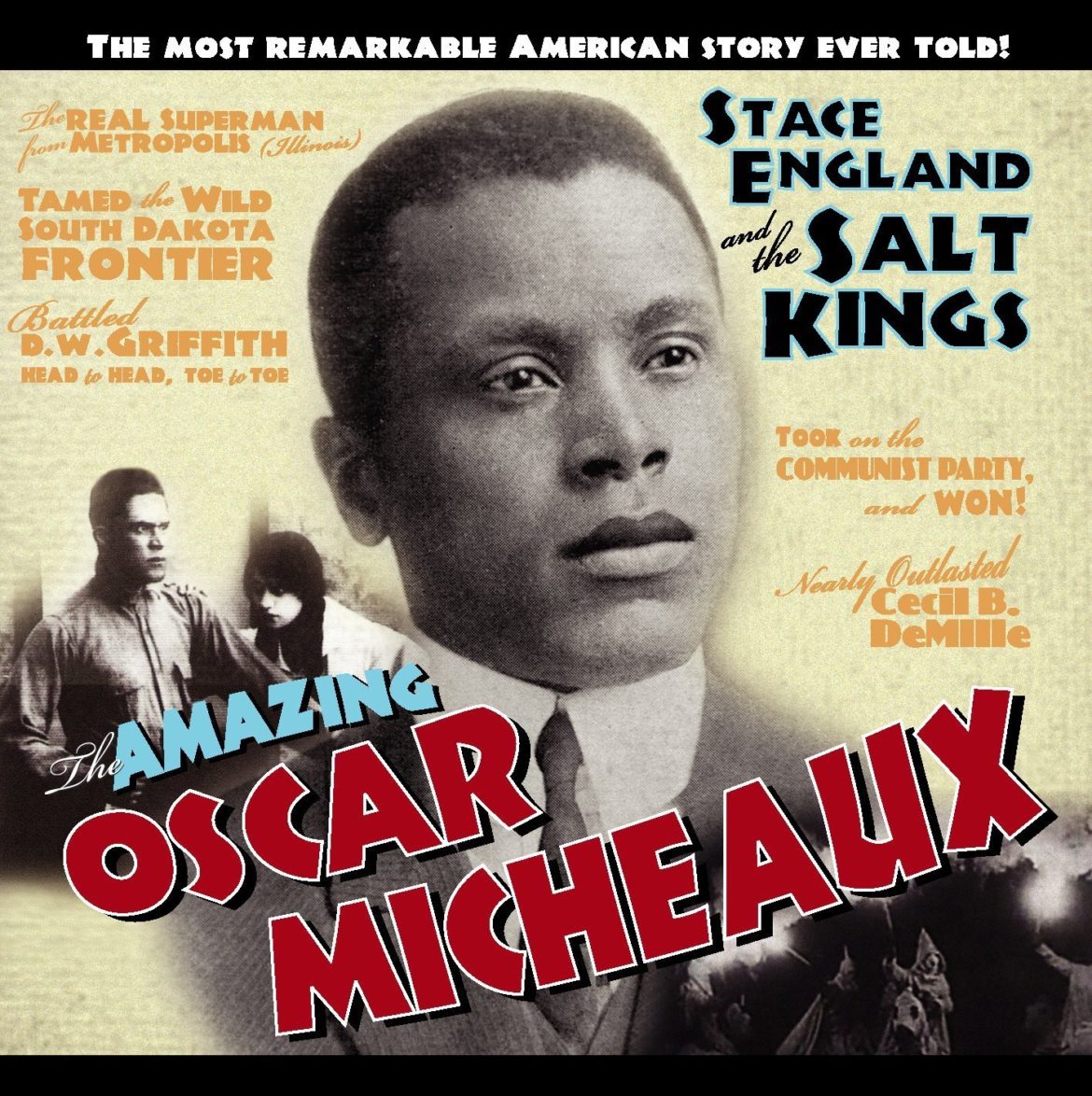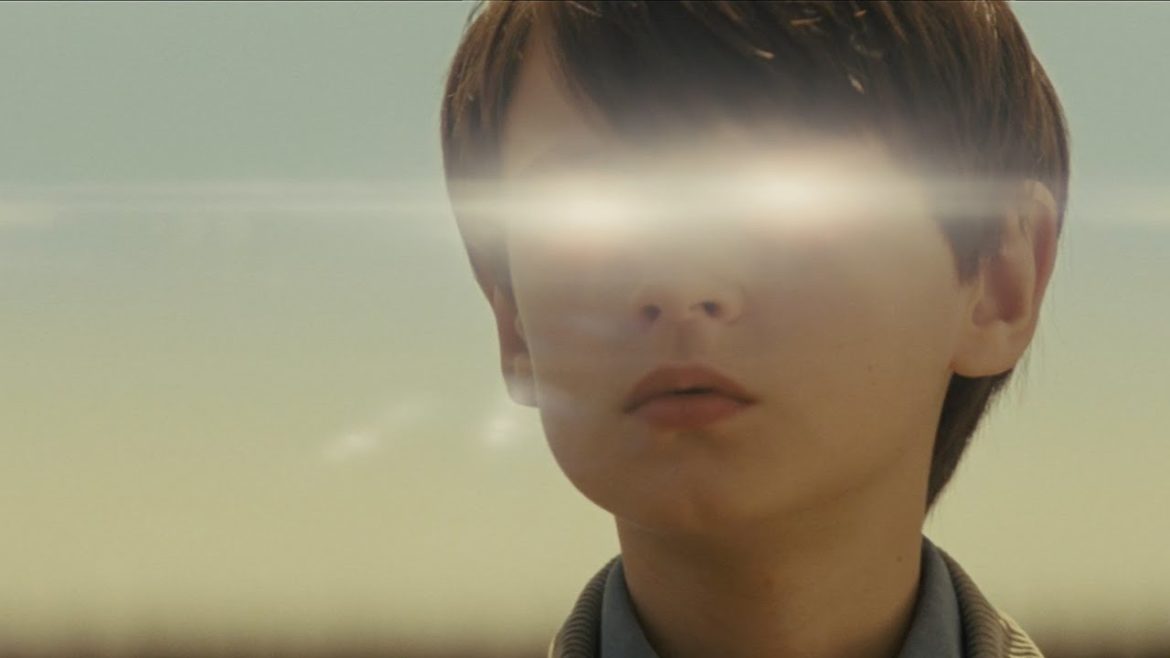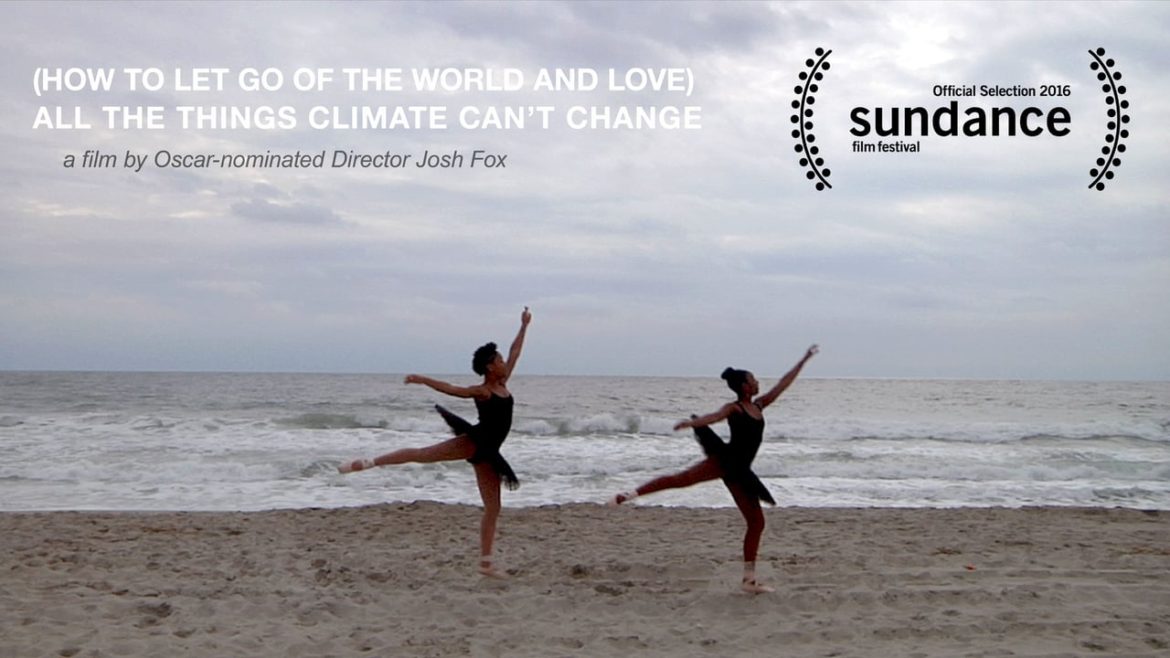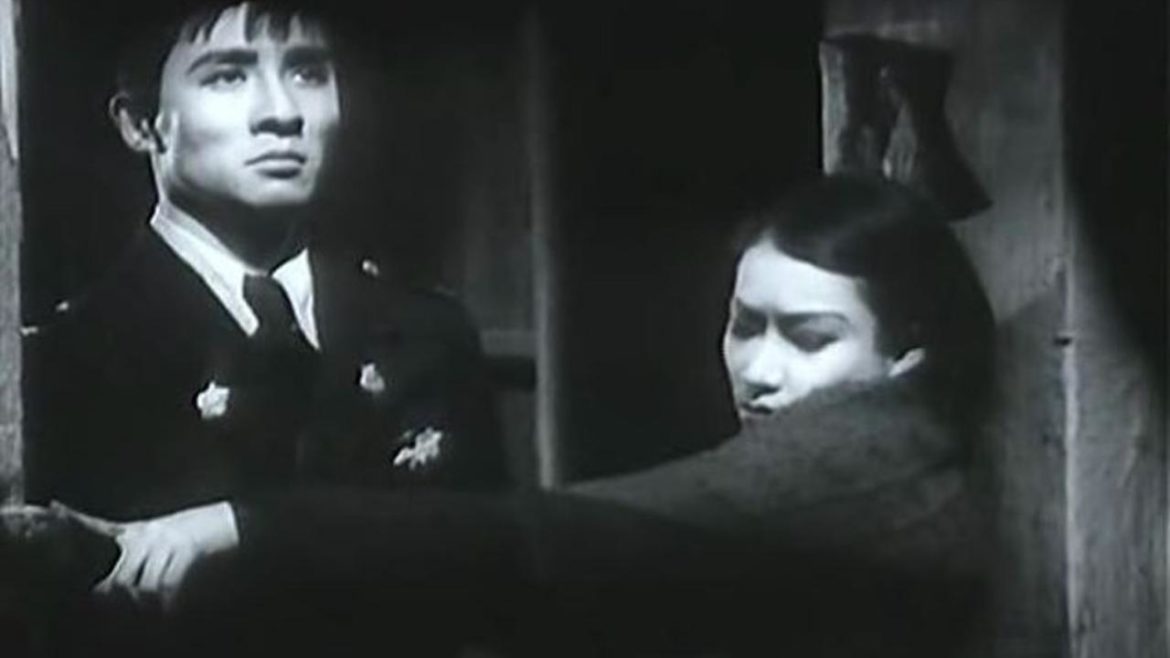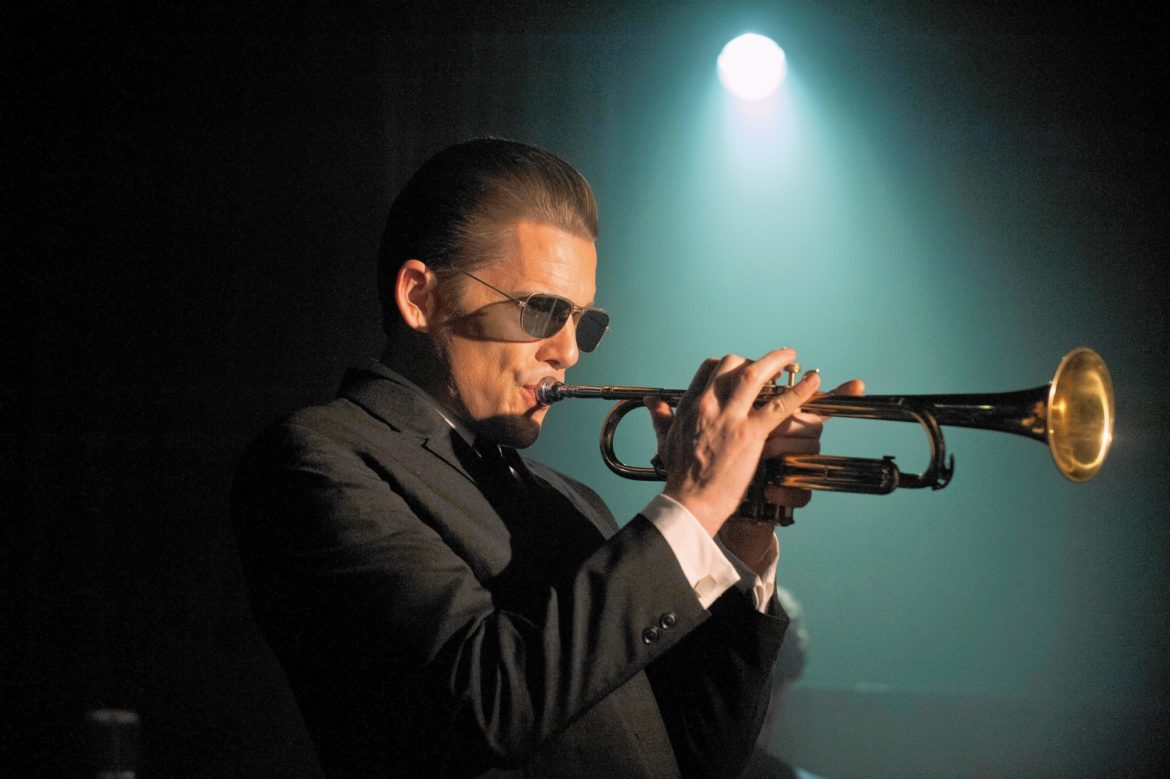Slávek Horák’s Oscar-submitted debut feature Home Care is promising but uneven. A characteristically Czech mixture of comic-tragic tones, it leap-frogs from one mood to another. Some land while others don’t, but it’s a humanist film that never condescends to its characters.
April 2016
The incestuous racial politics of Oscar Micheaux and the ambiguous text in God’s Step Children
Part of an ongoing effort to watch a set of films from non-White, non-U.S., non-male, and/or non-straight filmmakers and depart a little from the Western canon. The intro and full list can be found here.
Oscar Micheaux – the wildly prolific and successful early 20th century director of “race films” and generally considered to be the first Black filmmaker – courted controversy throughout his career.
On Bernie Sanders, Rabbi Manny Shevitz, and The Donald, or: Cultural Production In The Age Of Deborah Gibson
The 2016 election cycle has proven to be one of the more contentious in recent memory. The execrable possibility of President Donald Fucking Trump, Goddammit has cast a shadow on all the goings-on, but even the relatively mild-mannered Dems have been getting, well, a bit testy.
Jeff Nichols is a faith-based filmmaker, and Midnight Special is his religious E.T.
Before you throw up your hands in thinkpiece-allergic disgust, let me say: I have no idea what Nichols’ faith might be. I haven’t researched it, and don’t particularly plan to.
Dancing in the face of climate change: “How To Let Go Of The World And Love All The Things Climate Can’t Change”
Anyone who has thought seriously about climate change has, at some point, reached the conclusion that we’re pretty well fucked at this point.
If you count yourself in this group, Gasland director Josh Fox’s new documentary – the half-charmingly, half-clunkily titled How To Let Go of the World: And Love All the Things Climate Can’t Change – is aimed straight at you.
Part of an ongoing effort to watch a set of films from non-White, non-U.S., non-male, and/or non-straight filmmakers and depart a little from the Western canon. The intro and full list can be found here.
Yuan Muzhi’s Street Angel (1937), not to be confused with Frank Borzage’s silent of the same name from 9 years prior, is an odd assemblage of filmic impulses.
Chet Baker is not an unlikely candidate for a biopic.
The very image of the dope-addled West Coast jazz cat undone by his vices, his biography is full of, shall we say, “incident.” Still, there’s a lingering sense of either lost promise or also-ran status that separates him from the usual towering figures we find in such films.


